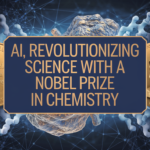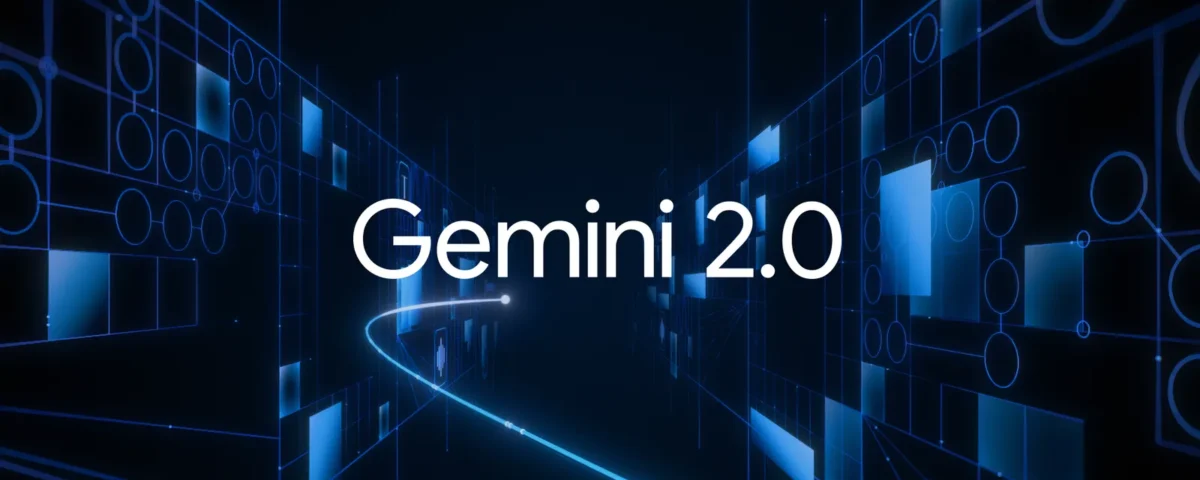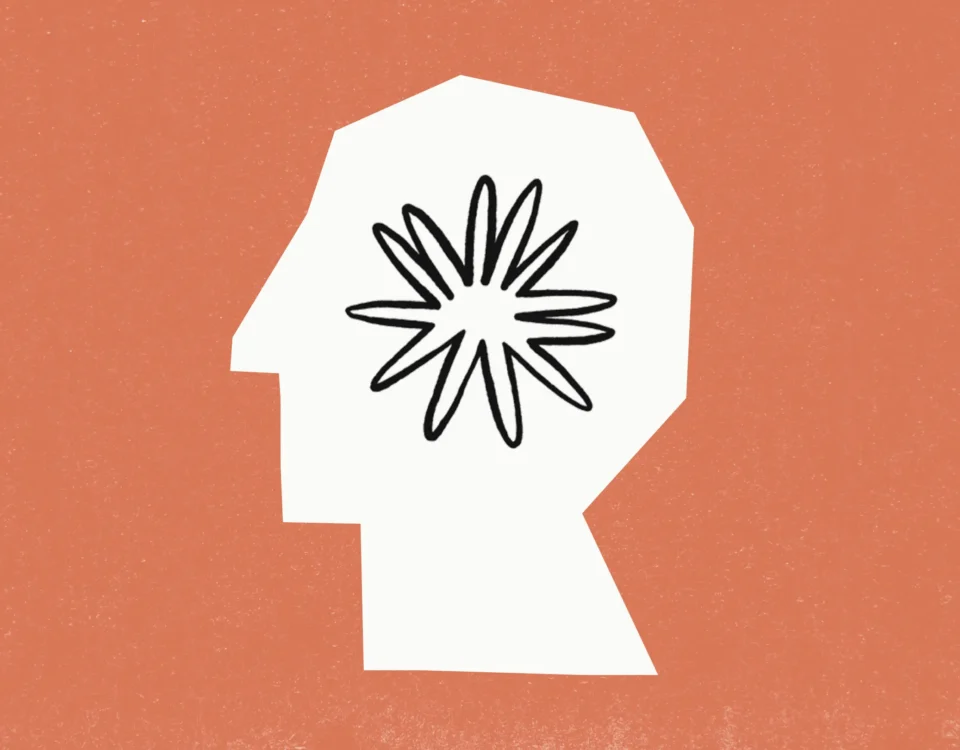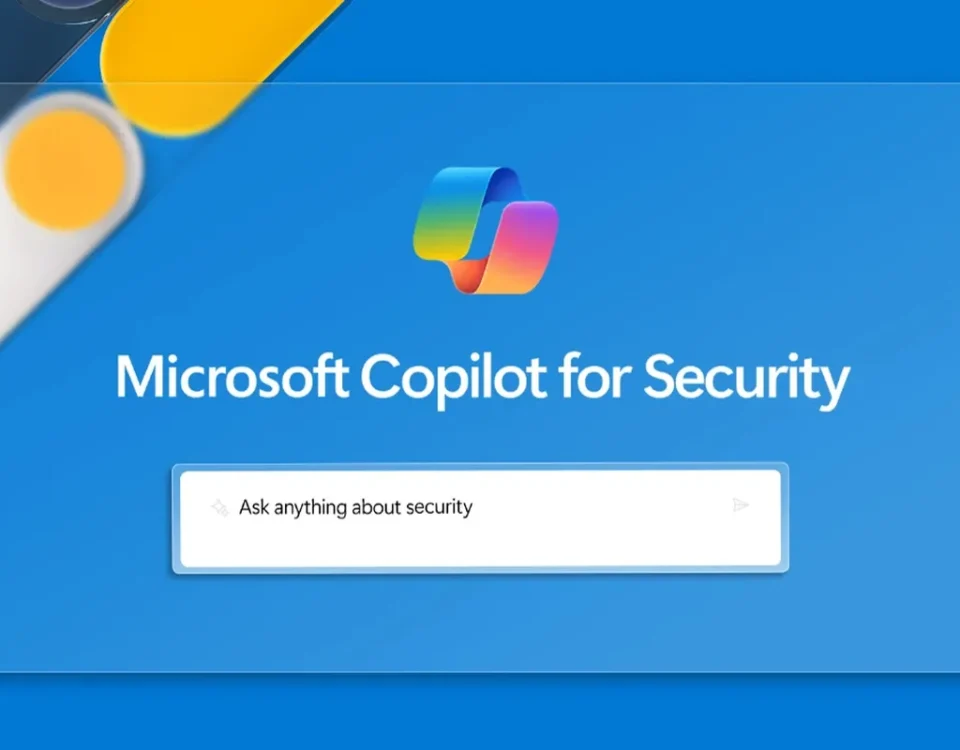
AI, Revolutionizing Science with a Nobel Prize in Chemistry
October 10, 2024Google CEO Sundar Pichai has officially announced Gemini 2.0, the next-generation AI model signaling a significant leap forward in Google’s AI revolution. Following the introduction of Gemini 1.0 a year ago, this upgrade strengthens multimodal capabilities, introduces agentic functionality, and provides innovative user tools that set a new milestone for AI technology.
A Step Toward Transformational AI
Reflecting on Google’s 26-year mission to organize and make the world’s information accessible, Pichai remarked, “If Gemini 1.0 was about organizing and understanding information, Gemini 2.0 is about making that information far more useful.”
Released in December 2022, Gemini 1.0 stood out as Google’s first natively multimodal AI model, capable of understanding and processing text, video, images, audio, and code. Its enhanced 1.5 version gained wide traction among developers, thanks to its ability to comprehend long and complex contexts, enabling productivity applications like NotebookLM.
With Gemini 2.0, Google aims to evolve AI into a “universal assistant” with native image and audio generation, improved reasoning and planning, and decision-making abilities rooted in real-world contexts. Pichai describes this development as marking the “dawn of the agentic era.”
He elaborated, “We have been investing in more agentic models that understand their surroundings, think multiple steps ahead, and take action under your supervision.”
Gemini 2.0: Key Features and Availability
At the core of this announcement is the experimental release of “Gemini 2.0 Flash,” the flagship model of the second-generation Gemini lineup. It builds on its predecessors with faster responses and enhanced performance.
Gemini 2.0 Flash supports multimodal inputs and outputs, including native image generation alongside text and customizable multilingual text-to-speech capabilities. Moreover, it offers native integrations with tools like Google Search and user-defined third-party functions.
Developers and businesses can access Gemini 2.0 Flash via the Gemini API in Google AI Studio and on Vertex AI. Larger model sizes are slated for broader release in January 2024.
To increase global accessibility, the Gemini app now features a chat-optimized version of the 2.0 Flash experimental model, available on desktop and soon on mobile. Meanwhile, Gemini 2.0’s capabilities are enhancing Google Search to handle complex queries like advanced math problems, coding questions, and multimodal inquiries.
A Comprehensive Suite of AI Innovations
The launch of Gemini 2.0 is accompanied by new tools that showcase its potential.
For example, “Deep Research” acts as an AI research assistant, streamlining the process of exploring complex topics by compiling comprehensive reports. Another enhancement includes Gemini-powered AI Overviews in Search, designed to tackle intricate, multi-step queries.
Gemini 2.0 was trained entirely on Google’s sixth-generation Tensor Processing Units (TPUs), known as Trillium. According to Pichai, “100% of Gemini 2.0’s training and inference runs on Trillium.” This infrastructure is now available to external developers, allowing them to benefit from the same technology Google uses internally.
Pioneering Agentic Experiences
Gemini 2.0 comes paired with experimental “agentic” prototypes exploring the future of human-AI collaboration:
- Project Astra: A Universal AI Assistant
First introduced at I/O earlier this year, Project Astra leverages Gemini 2.0’s multimodal understanding to enhance real-world AI interactions. Trusted testers have tried it on Android devices, providing feedback that helped refine multilingual dialogues, memory retention, and integration with Google tools like Search, Lens, and Maps. Astra has demonstrated near-human conversational latency, and further research is underway to apply it to wearable devices, including prototype AI glasses. - Project Mariner: Redefining Web Automation
Project Mariner is an experimental web-browsing assistant that uses Gemini 2.0 to interpret text, images, and interactive browser elements like forms. In initial tests, Mariner achieved an 83.5% success rate on the WebVoyager benchmark for completing end-to-end web tasks. Early testers are refining its capabilities through a Chrome extension as Google evaluates safety measures to ensure a user-friendly and secure technology. - Jules: A Coding Agent for Developers
Jules is an AI assistant integrated into GitHub workflows, designed to support developers. Under human supervision, it can autonomously propose solutions, generate plans, and execute code-based tasks. This experimental project aligns with Google’s long-term vision of creating versatile AI agents across various domains.
Expanding into Gaming and Beyond
Gemini 2.0’s reach extends into virtual environments. Google DeepMind is working with gaming partners like Supercell to develop intelligent in-game agents capable of interpreting actions in real time, suggesting strategies, and leveraging broader knowledge through Search. Research is also underway to apply Gemini 2.0’s spatial reasoning to robotics, potentially unlocking future applications in the physical world.
A Commitment to Responsible AI Development
As AI capabilities continue to grow, Google underscores the importance of safety and ethics. The company states that Gemini 2.0 underwent extensive risk assessments under the oversight of the Responsibility and Safety Committee. Moreover, its built-in reasoning abilities enhance “red-teaming” efforts, enabling large-scale safety optimization.
Google is also exploring safeguards to protect user privacy, prevent misuse, and maintain the reliability of AI agents. For instance, Project Mariner is designed to resist malicious prompt injections and thwart phishing or fraudulent transactions. Privacy controls in Project Astra enable users to easily manage session data and deletion preferences.
Pichai reaffirmed, “We firmly believe that the only way to build AI is to be responsible from the start.”
With the release of Gemini 2.0 Flash, Google moves closer to realizing its vision of a universal assistant that transforms interactions across all domains.




